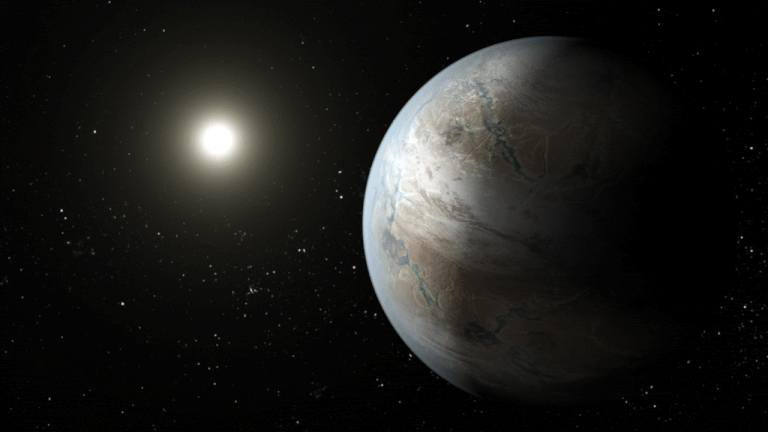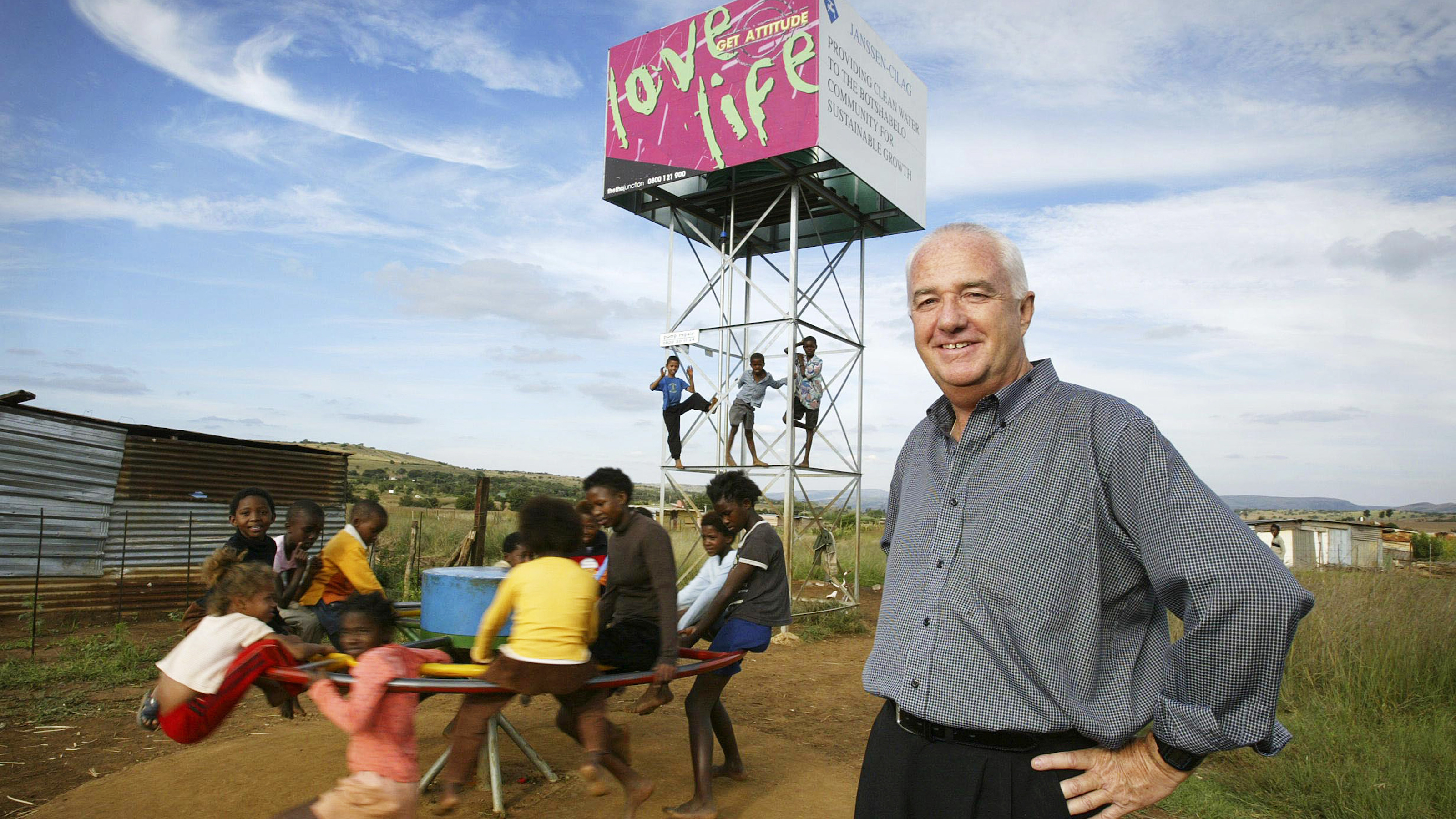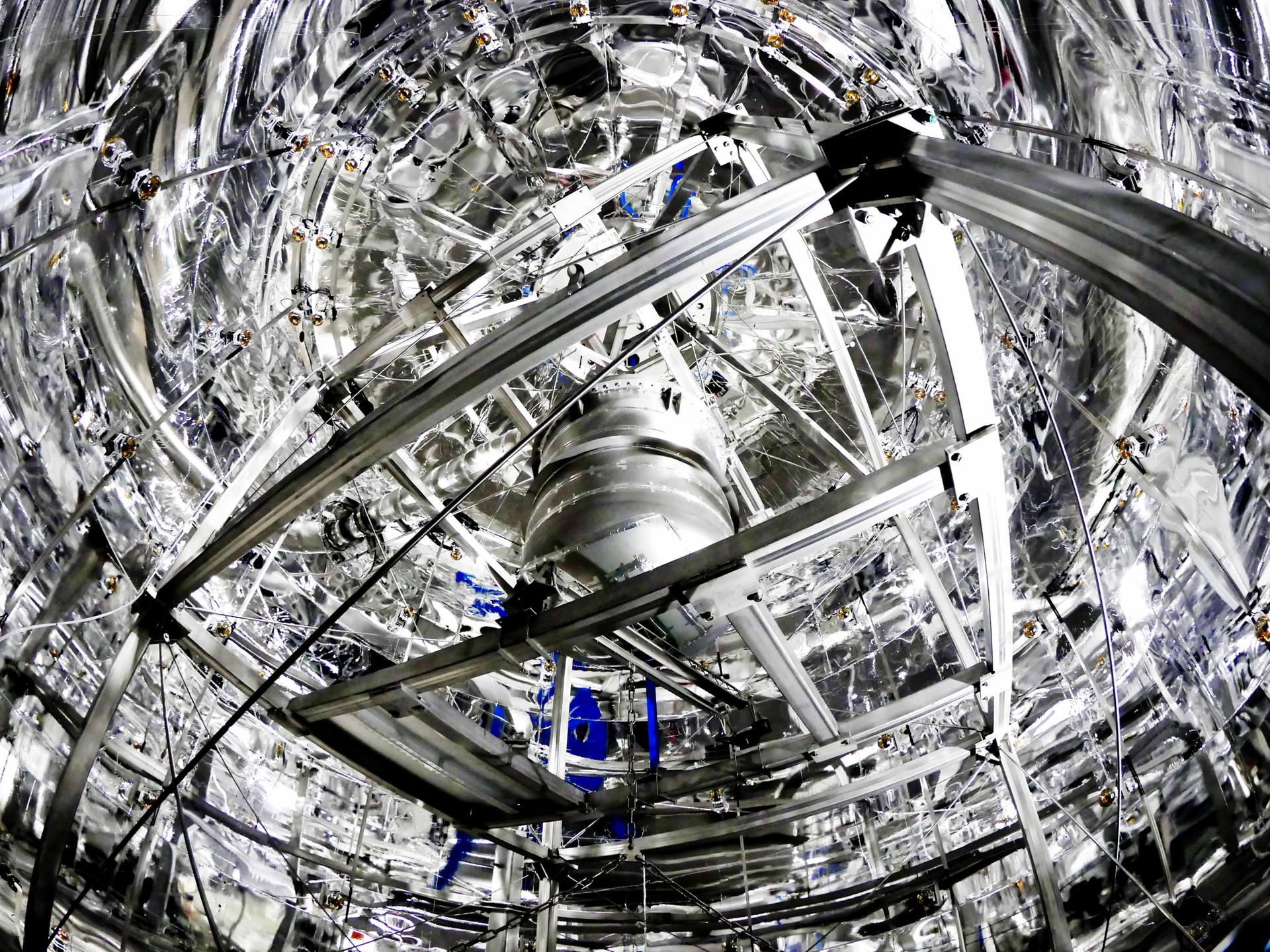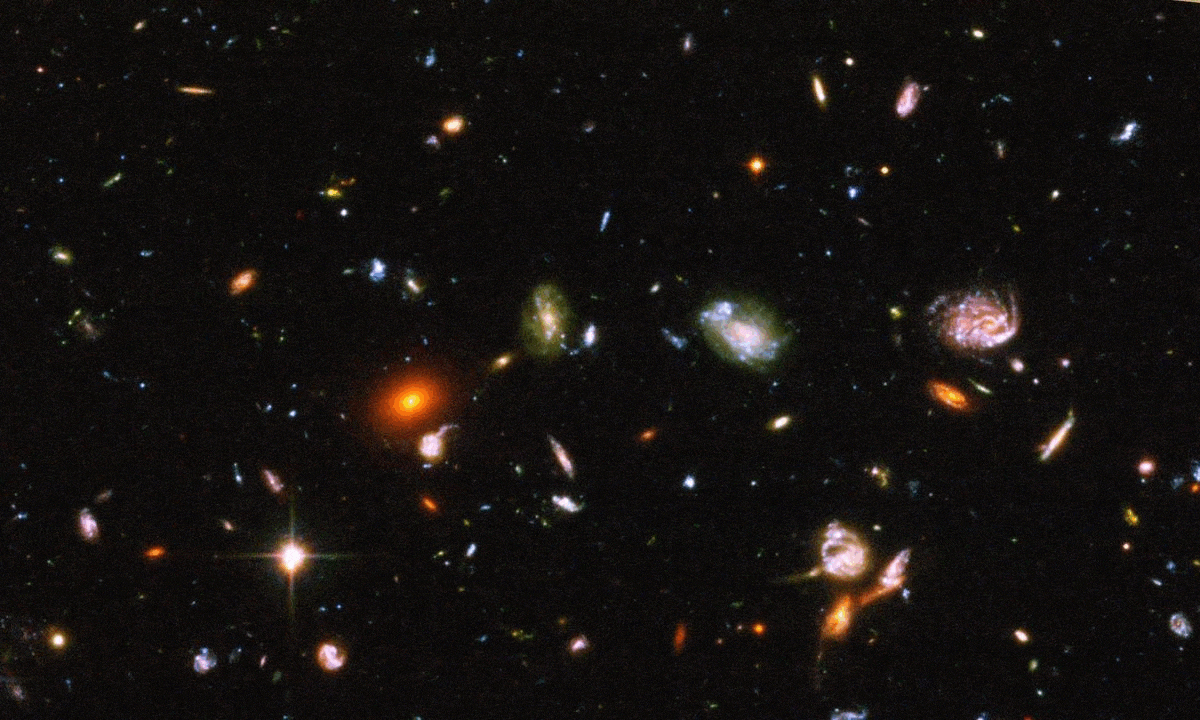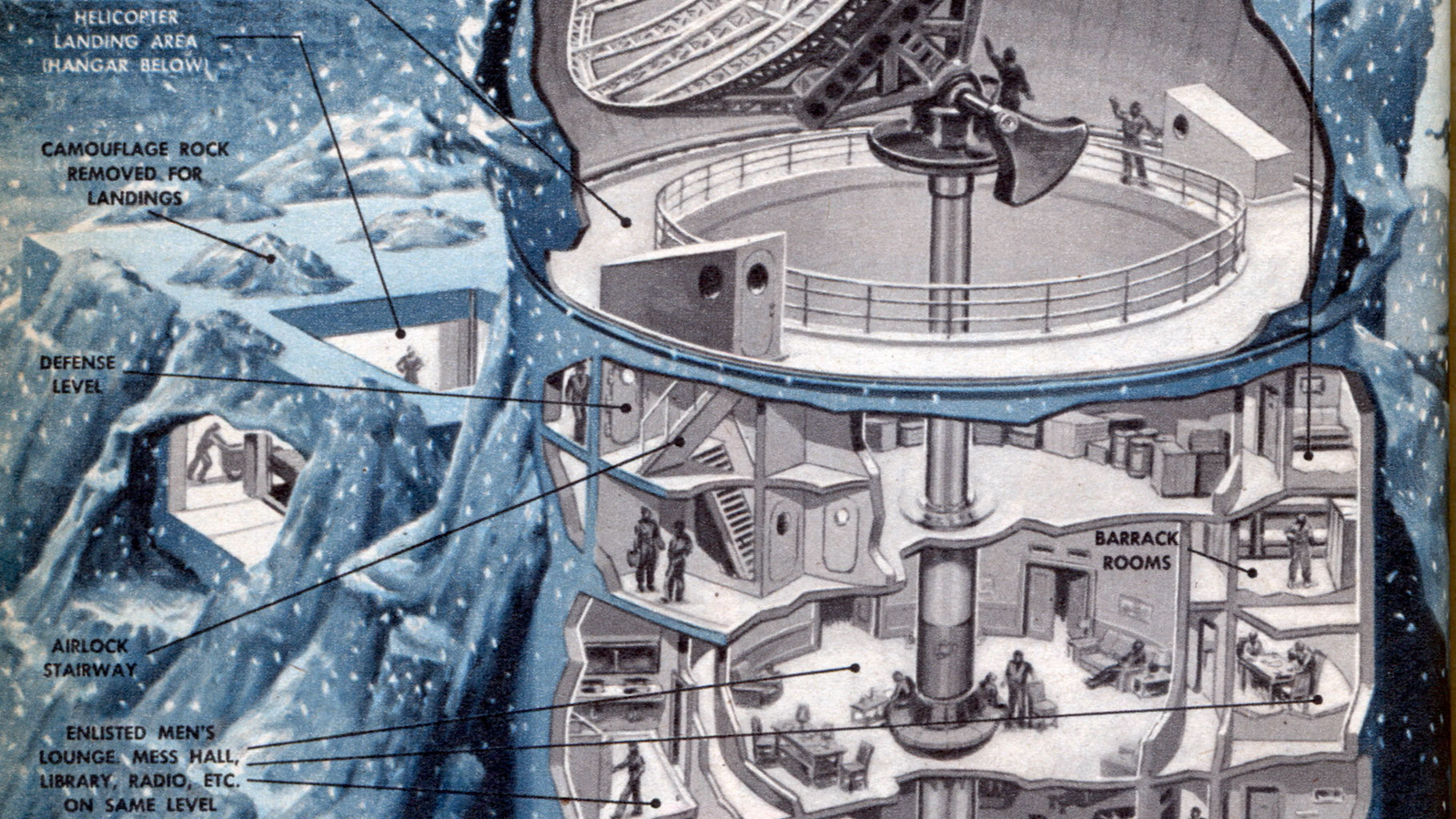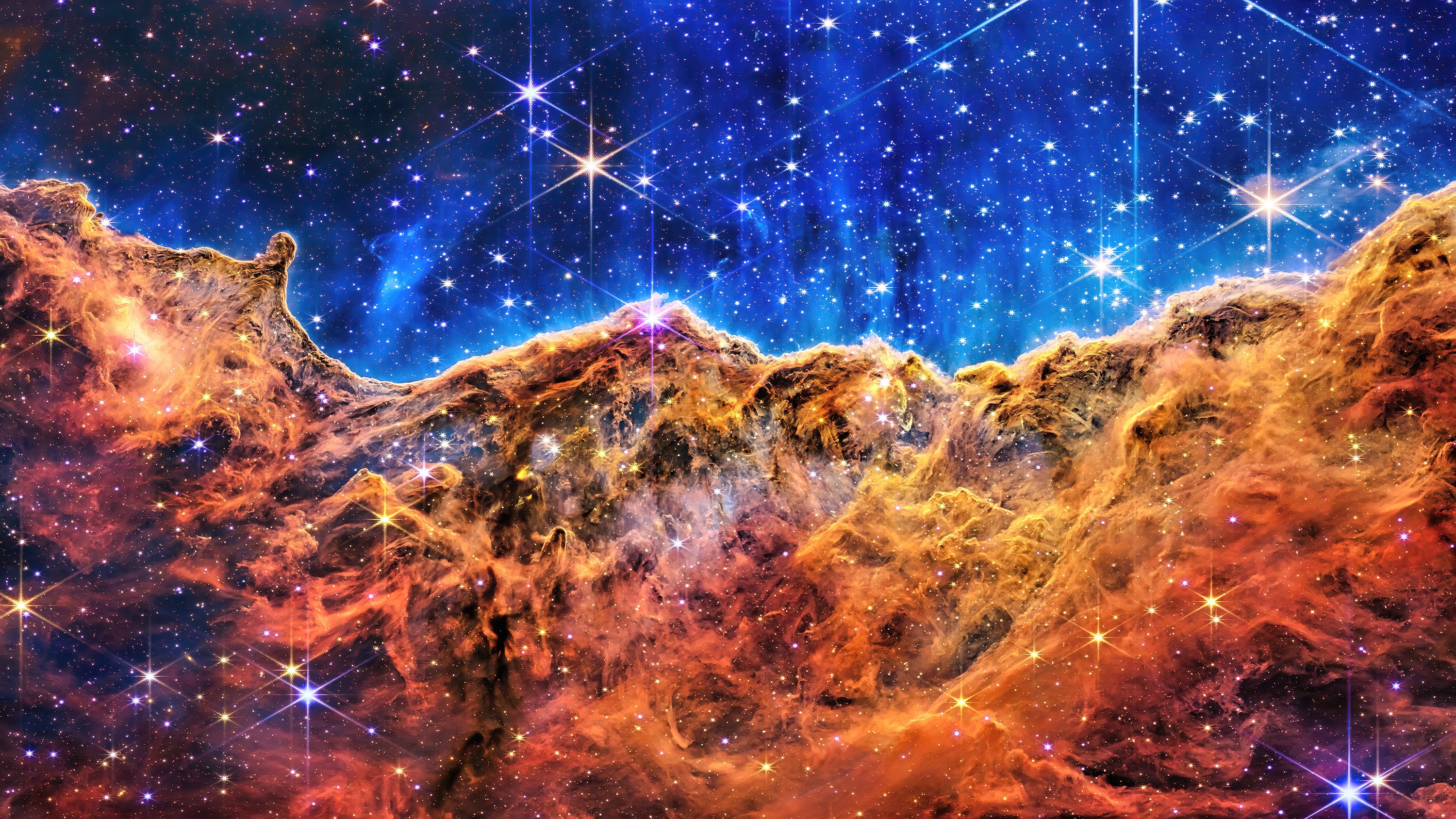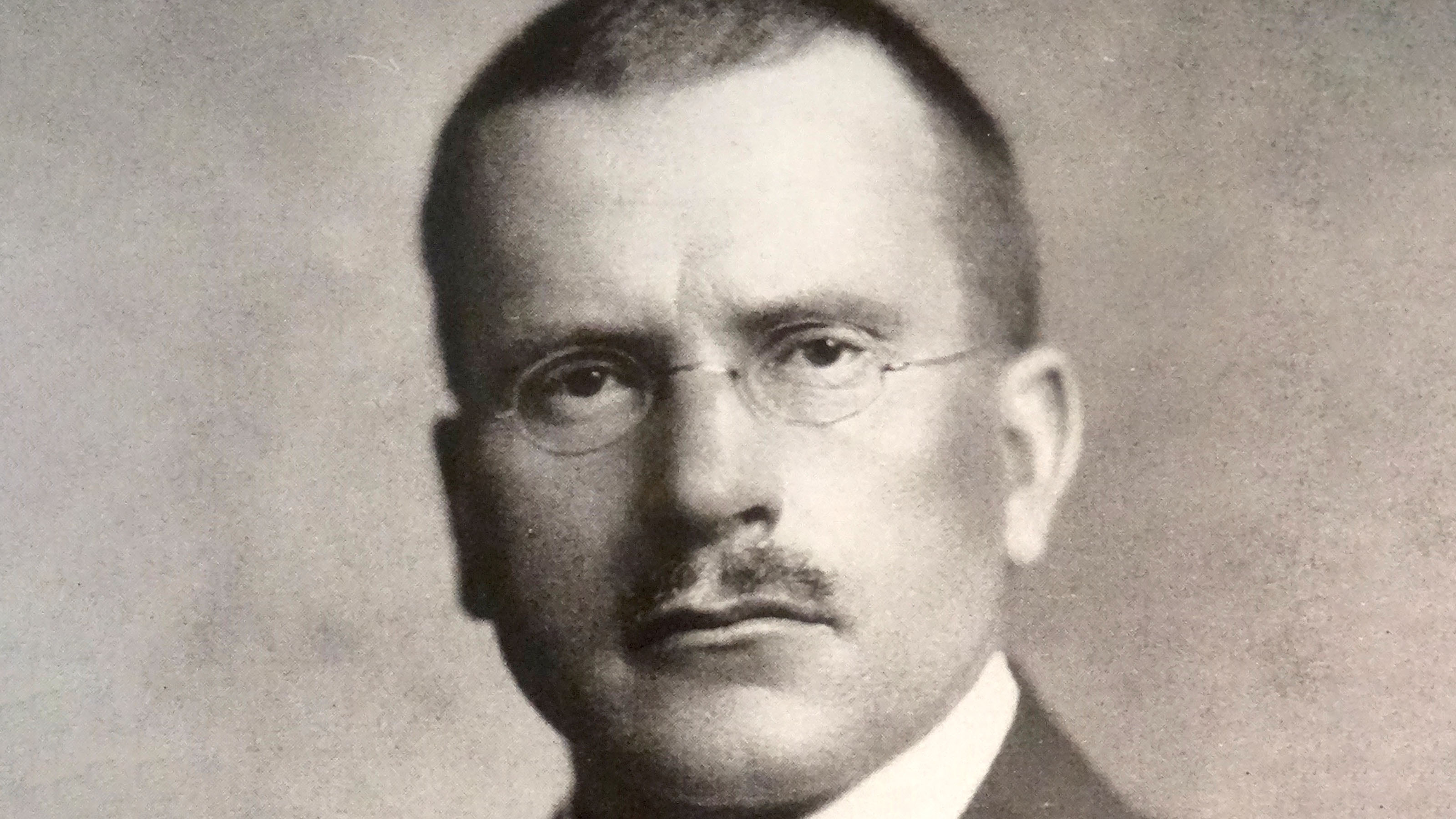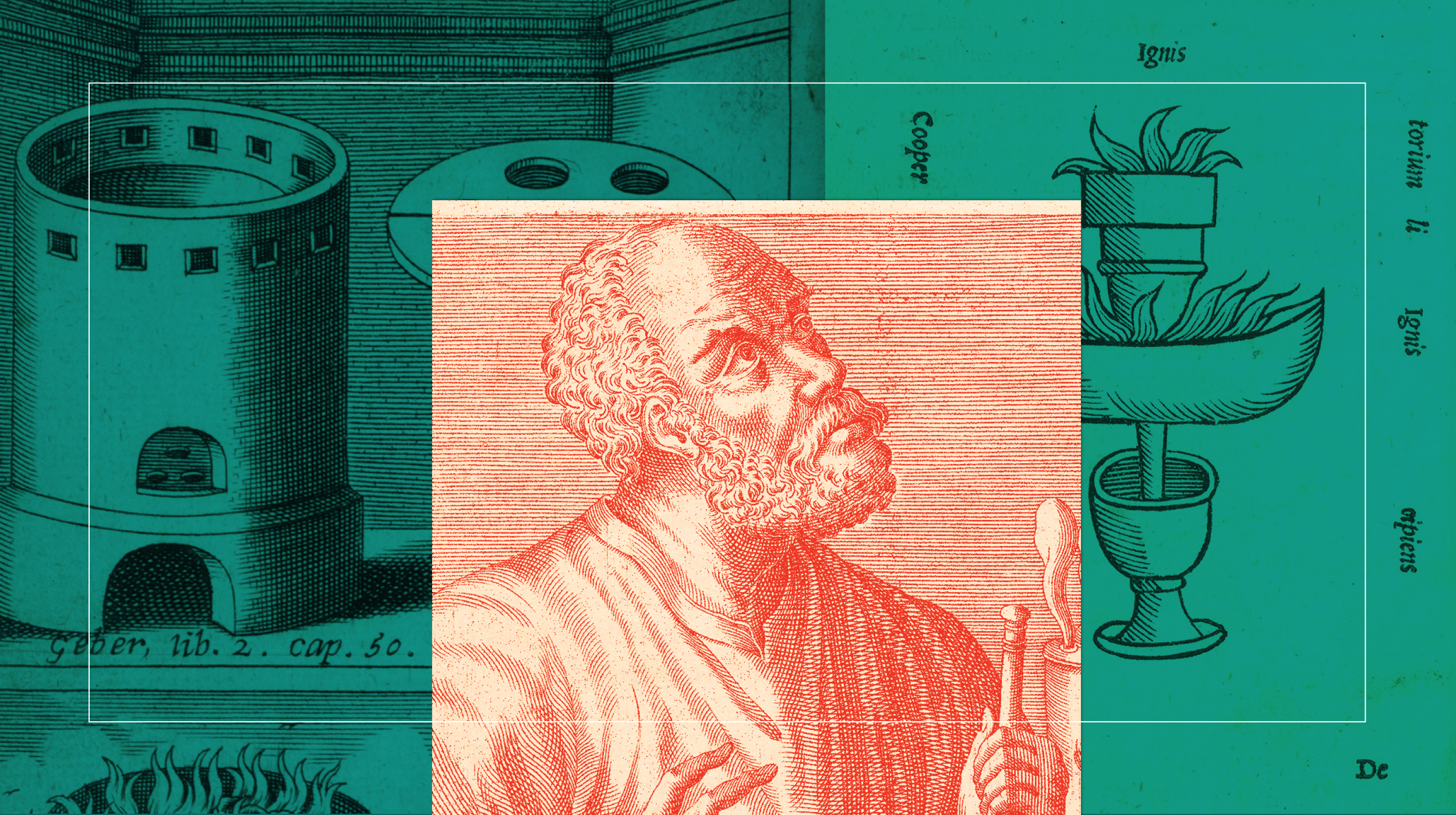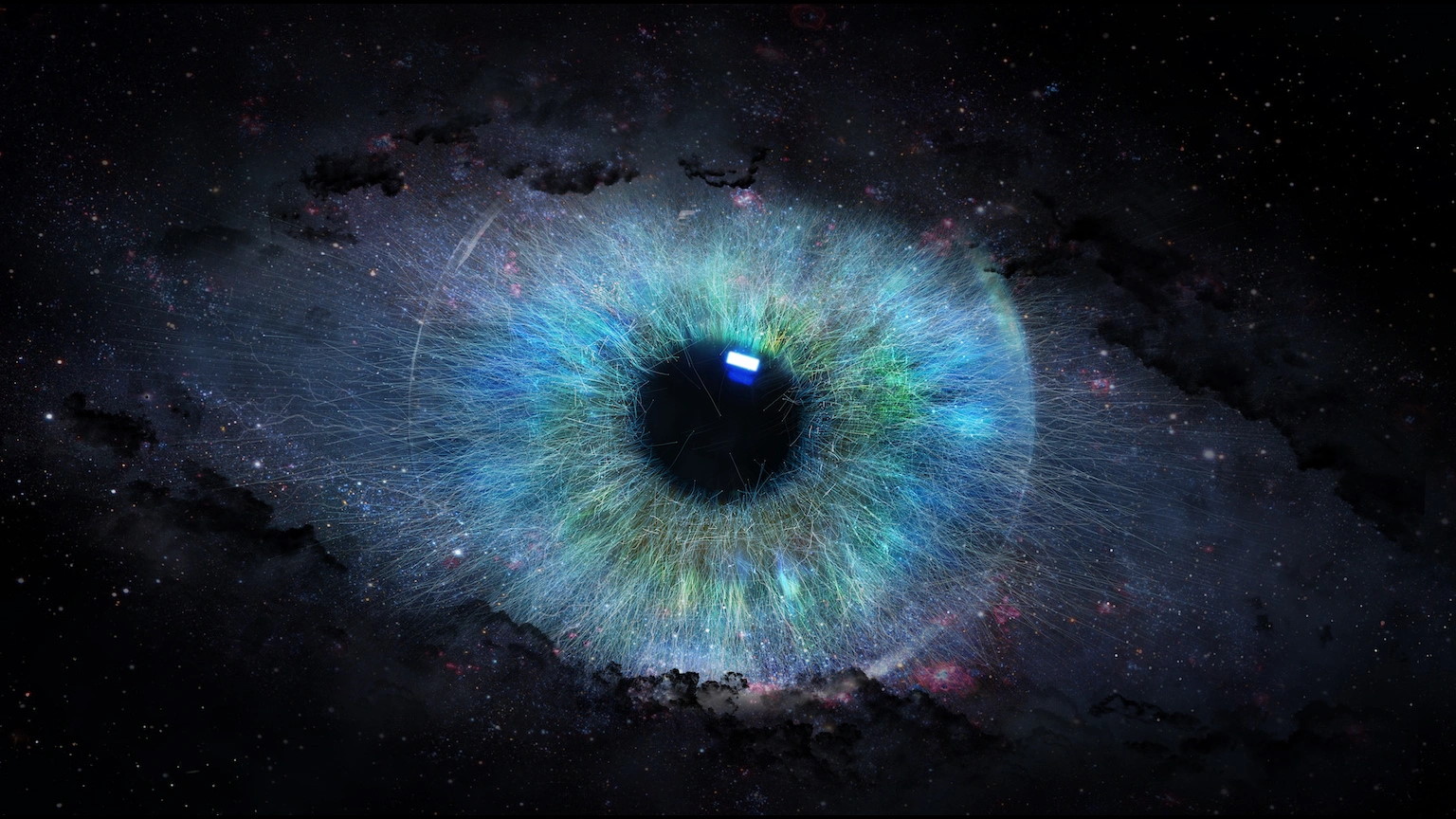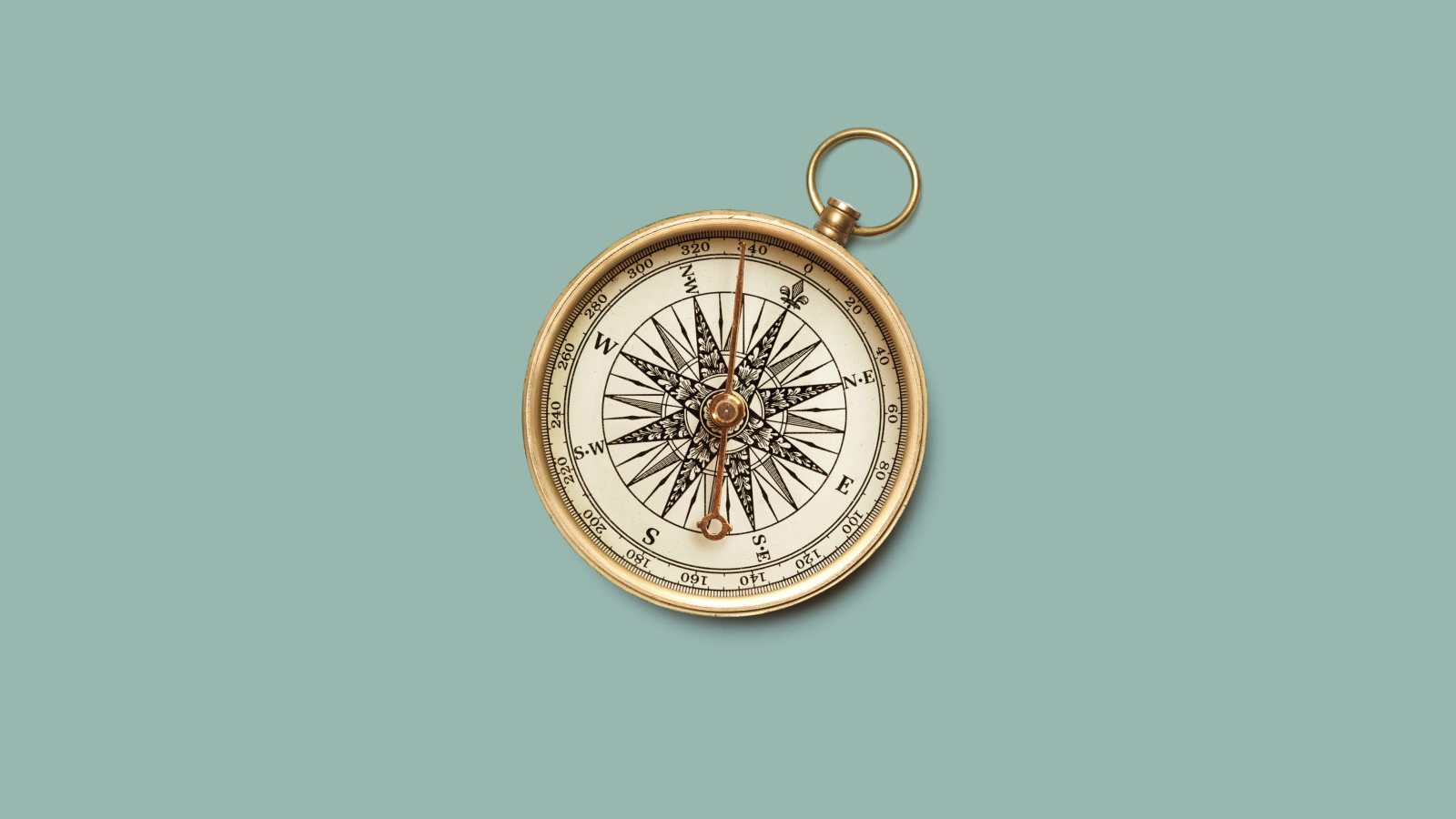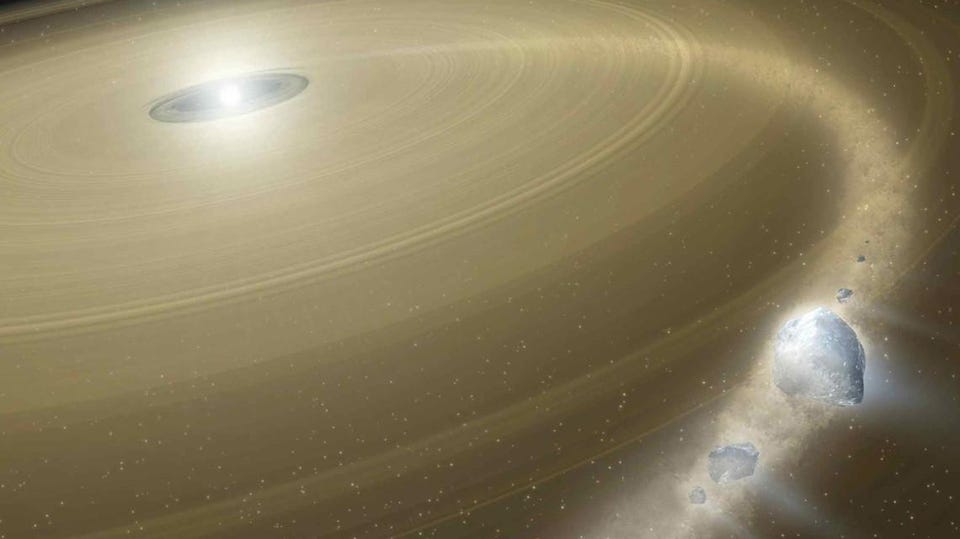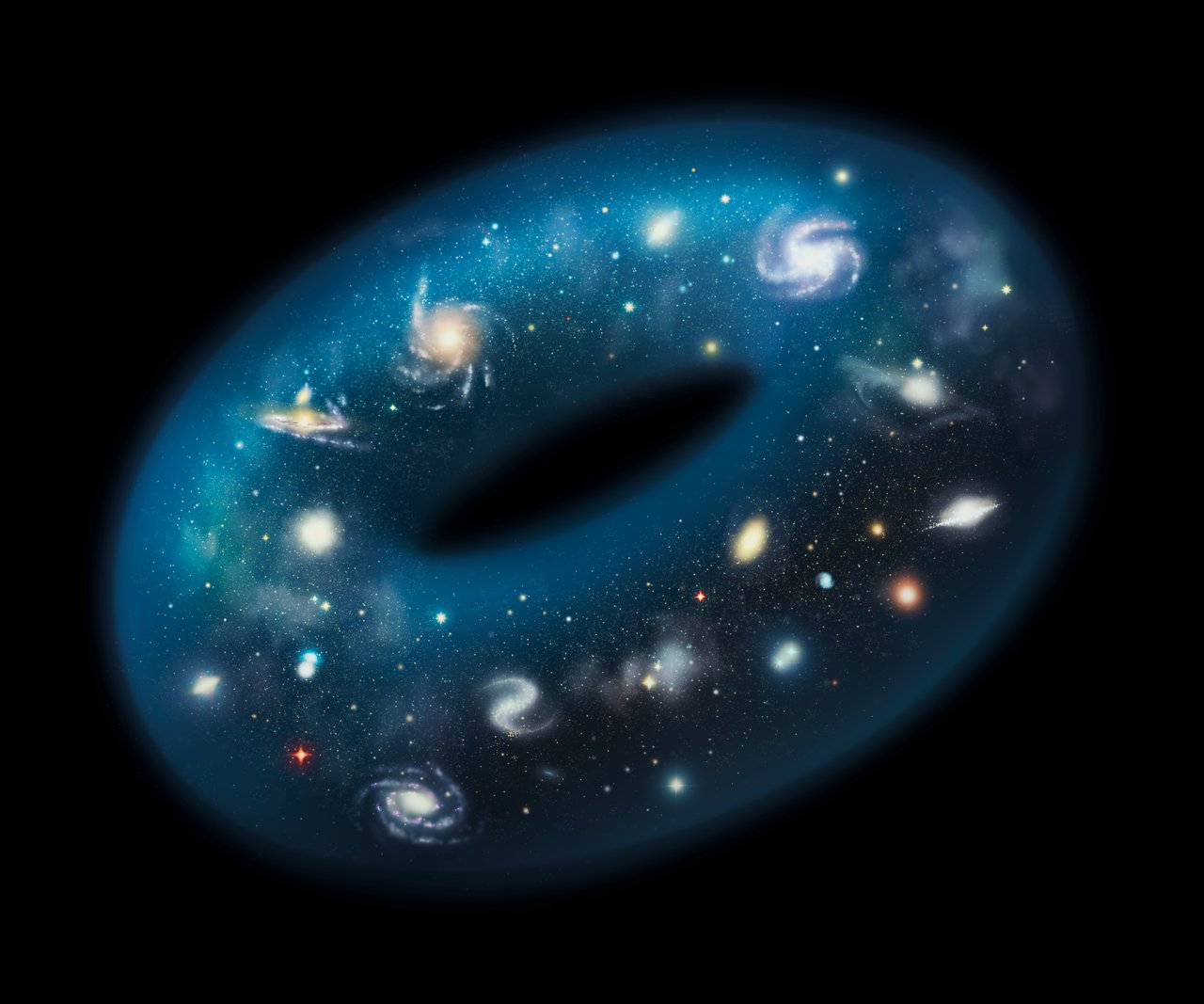In determining what qualifies as solid science, controversy is inevitable.
Search Results
You searched for: Imagin today
The anthropic principle has fascinating scientific uses, where the simple fact of our existence holds deep physical lessons. Don’t abuse it!
Dennis Klatt developed trailblazing text-to-speech systems before losing his own voice to cancer.
There are billions of potentially inhabited planets in the Milky Way alone. Here’s how NASA will at last discover and measure them.
Wizbang innovations capture the public’s imagination, but thoughtful, incremental development is often more valuable to those in need.
“Groupthink” gets a bad rap. In reality, we need groups to focus our thinking and to build on the ideas of others.
Our classical intuition is no good in a quantum Universe. To make sense of it, we need to learn, and apply, an entirely novel set of rules.
From Einstein to Twain, Garson O’Toole investigates the truth behind your favorite — and often misattributed — quotes.
With a bigger, better, and more sensitive detector, the XENON collaboration joins LZ and PANDA-X in constraining WIMP dark matter.
The farther away they get, the smaller distant galaxies look. But only up to a point, and beyond that, they appear larger again. Here’s how.
Today, we could use Big Data to radically reform democracy. Tomorrow, we could build nanofabricators and usher in an era of abundance. Is society ready?
Six visionary science fiction authors on the social impact of their work.
Cold War meets Star Wars in this cut-away of a 1950 “rubber bubble,” the first line of defense against nuclear sneak attack.
It is a story with nebulous beginnings and no discernible end.
As the stream of AI-generated art turns into a deluge, NFTs could become a cornerstone of the Virtual Renaissance.
Wireless charging isn’t just for phones and laptops. It could also power medical devices like heart implants.
Carl Jung was one such person.
Alchemy had its golden age in the 17th century, when it counted Isaac Newton and Robert Boyle among its adherents.
Is science absolute? Its truths and discoveries guide us toward the nature of reality, but we must always remain open-minded to revisions.
Helplessness isn’t learned — it’s an instinctual response that can be overcome.
It has no moving parts and could allow us to tap into renewable energy year round.
“The digital HQ – the digital infrastructure that supports productivity and collaboration – actually became more important than the physical HQ.”
From life on Earth to the planet itself, there are four ways our planet will actually experience “the end,” no matter how we define it.
Short-termism is both rooted in our most primal instincts and encouraged by runaway technological development. How can we fight it?
Shooting star or piece of space dust?
Is blood the key to anti-aging, or just another lucrative biotech opportunity?
The decline of global poverty is one of the most important achievements in history, but the end of poverty is still very far away.
Is the Universe finite or infinite? Does it go on forever or loop back on itself? Here’s what would happen if you traveled forever.
The cosmic scales governing the Universe are almost unbelievably large. What if we shrunk the Sun down to be just a grain of sand?
In all the Universe, only a few particles are eternally stable. The photon, the quantum of light, has an infinite lifetime. Or does it?



